On the afternoon of April 24, the Ministry of Public Security issued a warning about fraud crimes through tourism activities.
Accordingly, the Ministry of Public Security discovered a number of common fraud methods that subjects often use, such as: posting articles advertising cheap tours and hotel rooms on the internet and social networks with many accompanying utilities, asking victims to transfer deposits (from 30-50% of the value) to deposit for tours and hotel rooms, thereby appropriating the deposit; posting articles advertising foreign tourist visa services, committing a high success rate, and refunding 100% of the amount if the visa is not obtained.
When the victim transfers money to pay the cost or part of the cost, the subjects will let the victim fill out the declaration form and complete the documents themselves... Then, using the excuse that the victim provided missing information, the subjects will not return the money.
Another form of fraud is to fake the website/fanpage of a reputable travel company, fake photos of receipts, payment invoices and ask the victim to transfer money to pay for the tour. After the customer transfers money to pay for the travel service, the subjects will block contact and erase all traces.
In addition, the scammer also faked/appropriated social media accounts of users, contacted relatives on the friend list, and said they were stuck while traveling abroad and needed money immediately.
The subject can use Deepfake technology (technology that applies artificial intelligence to create videos with images and faces of characters that are identical to the image of the person the subjects want to impersonate) and make video calls (images) to make the victim think that they are talking to their relatives and that the need to borrow money is real, from there transfer money to the subjects...
To avoid being scammed by the above tricks, the Ministry of Public Security recommends that people carefully research information when choosing travel packages, and should choose tour booking, room booking, and airline ticket booking services from reputable companies or through travel applications. People can ask the partner to show them the business license, documents, and practice certificates of the travel company.
People need to be vigilant when receiving invitations to buy travel packages at very cheap prices, usually 30-50% cheaper than the general market price; pay attention to signs of fake websites through the website name and domain name.
People should note that usually the names of fake websites will be similar to the names of real websites but will have some additional or missing characters; fake domain names often use strange extensions such as .cc, .xyz, .tk...
For social networking sites (fanpages) that sell and promote travel packages, especially cheap travel packages and cheap air tickets, people should choose social networking sites with a blue tick (registered accounts) or choose reputable social networking sites where they know the seller's information; confirm the information on booking rooms and air tickets to promptly detect signs of fraud, and report to the nearest police station for guidance on how to handle the situation.
Wisdom
Useful
Emotion
Creative
Unique
Wrath
Source







![[Photo] Prime Minister Pham Minh Chinh chairs the conference to review the 2024-2025 school year and deploy tasks for the 2025-2026 school year.](https://vphoto.vietnam.vn/thumb/1200x675/vietnam/resource/IMAGE/2025/8/22/2ca5ed79ce6a46a1ac7706a42cefafae)
![[Photo] President Luong Cuong attends special political-artistic television show "Golden Opportunity"](https://vphoto.vietnam.vn/thumb/1200x675/vietnam/resource/IMAGE/2025/8/22/44ca13c28fa7476796f9aa3618ff74c4)





















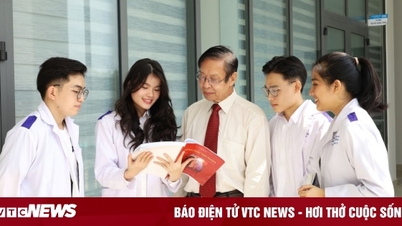































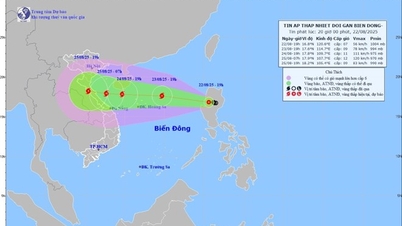




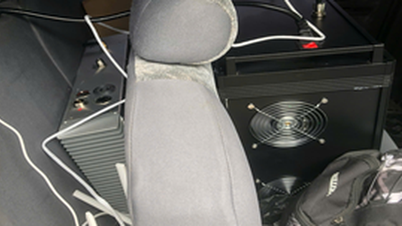









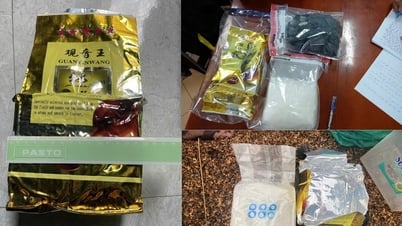

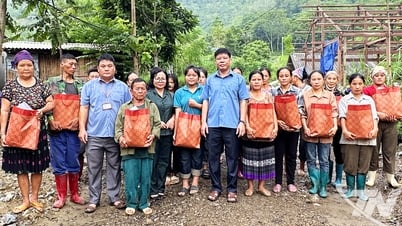














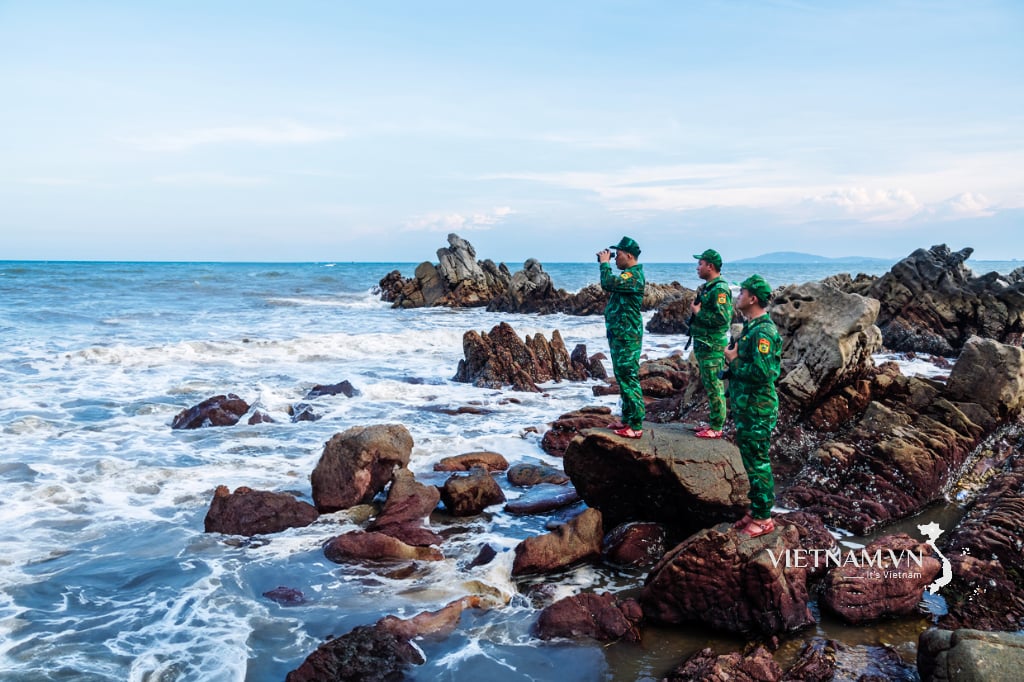

Comment (0)